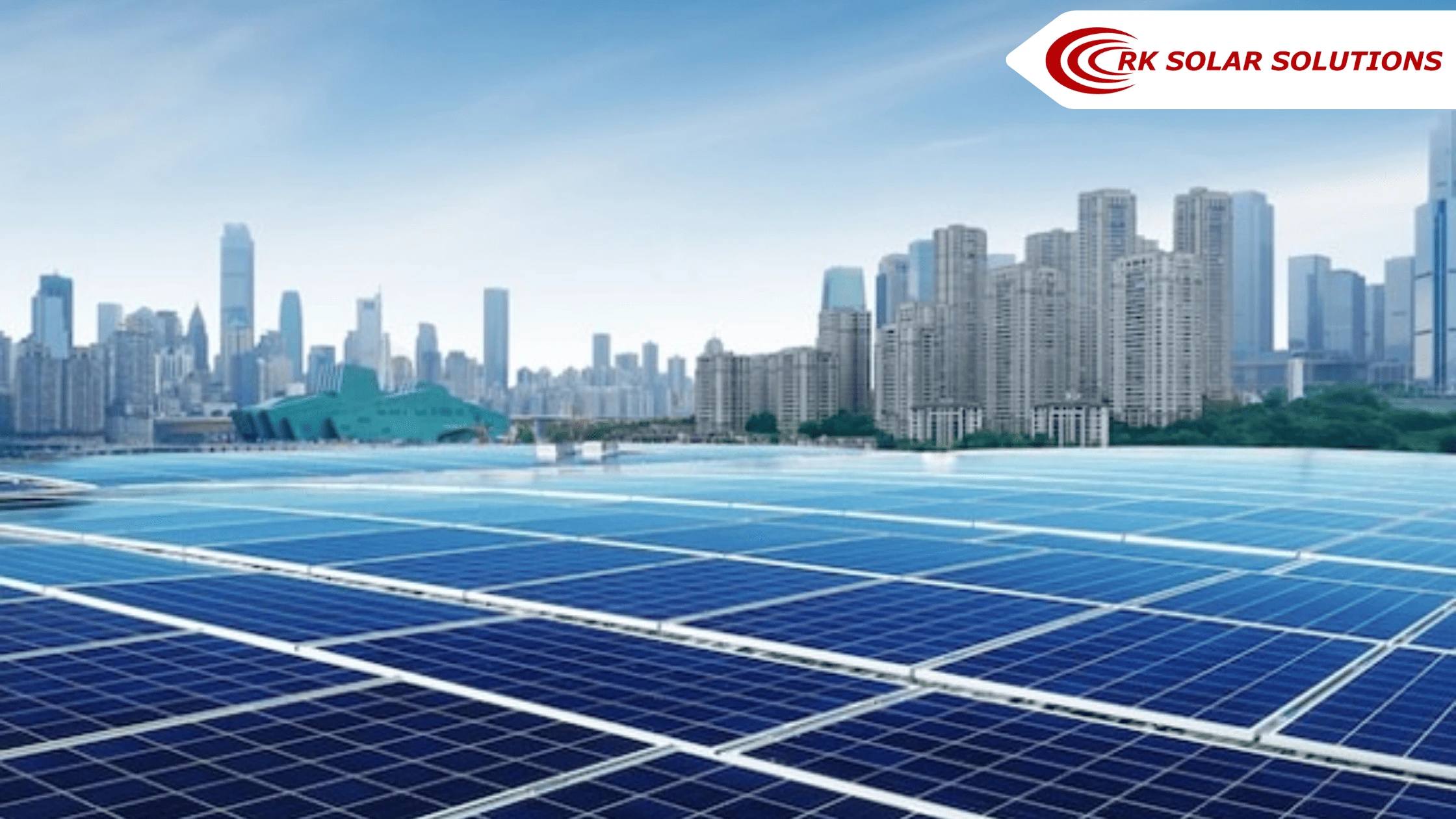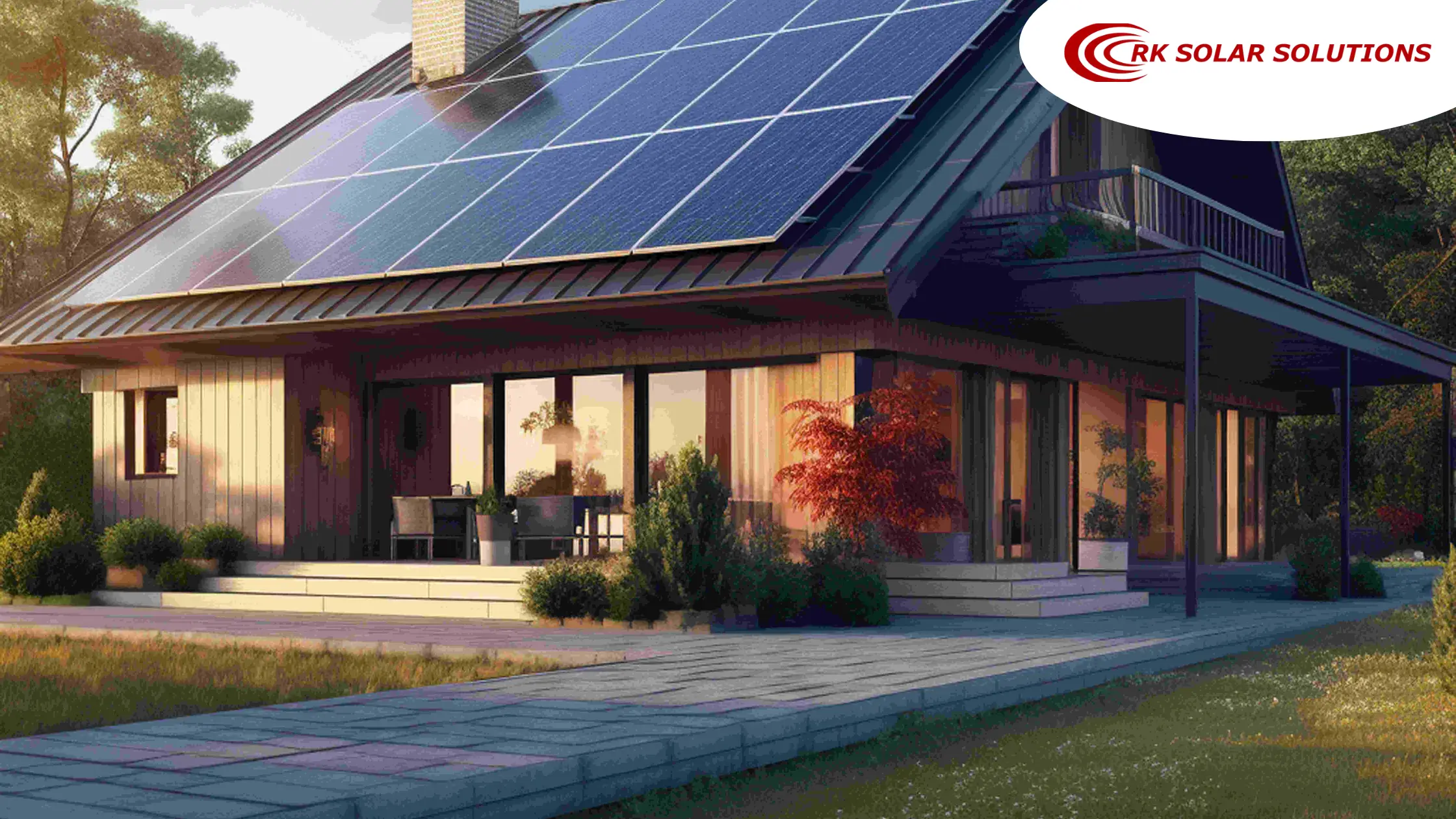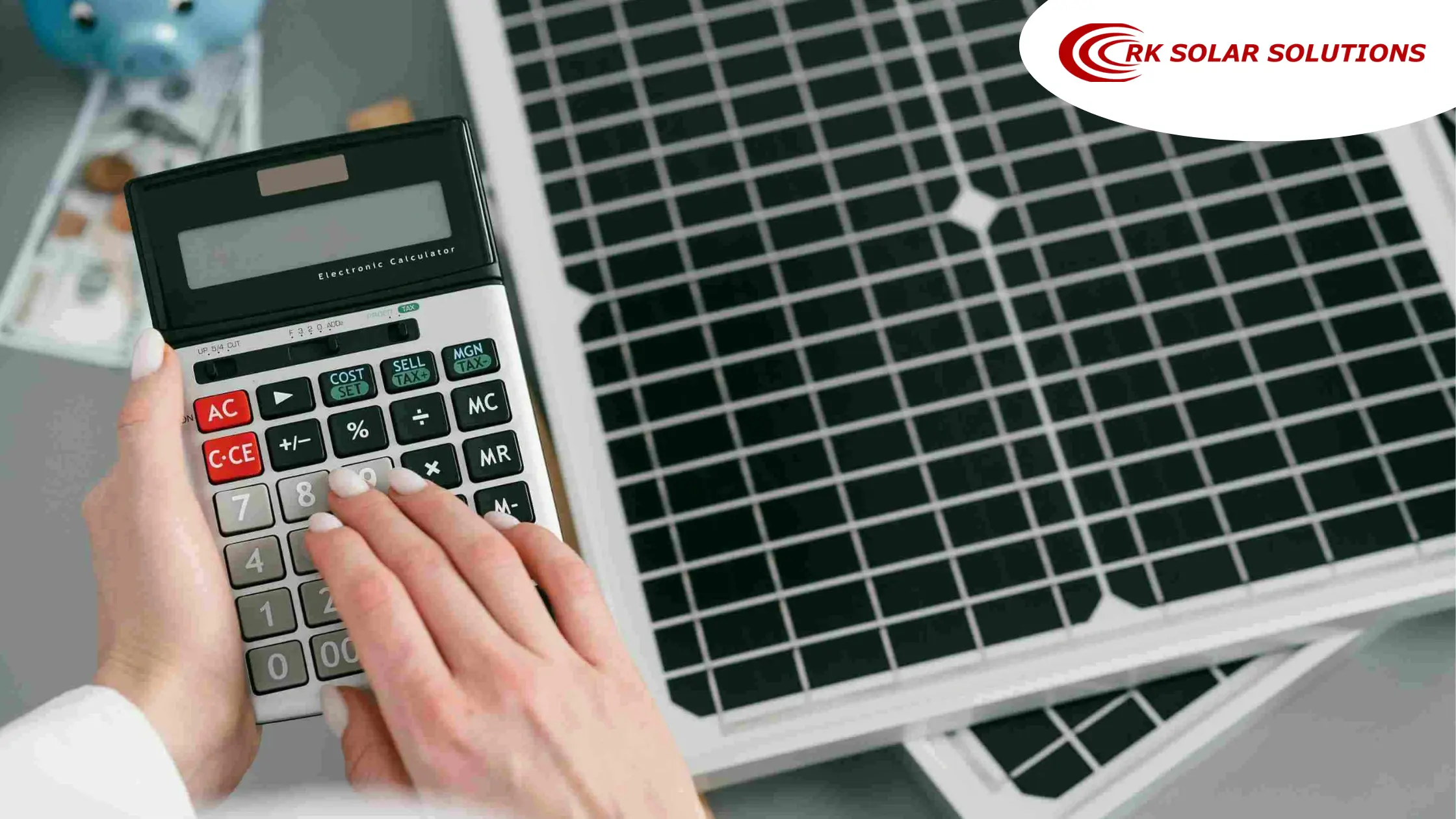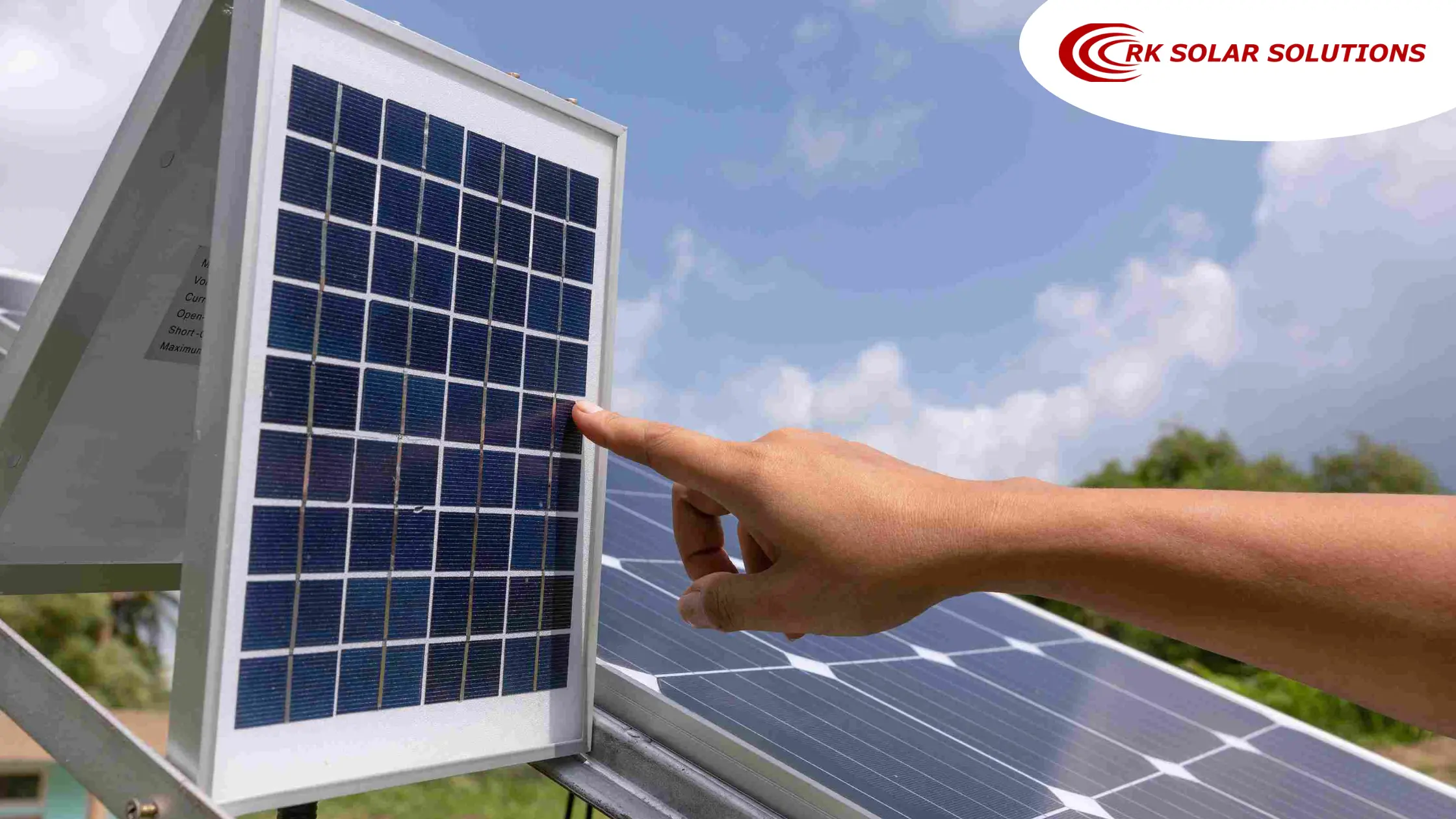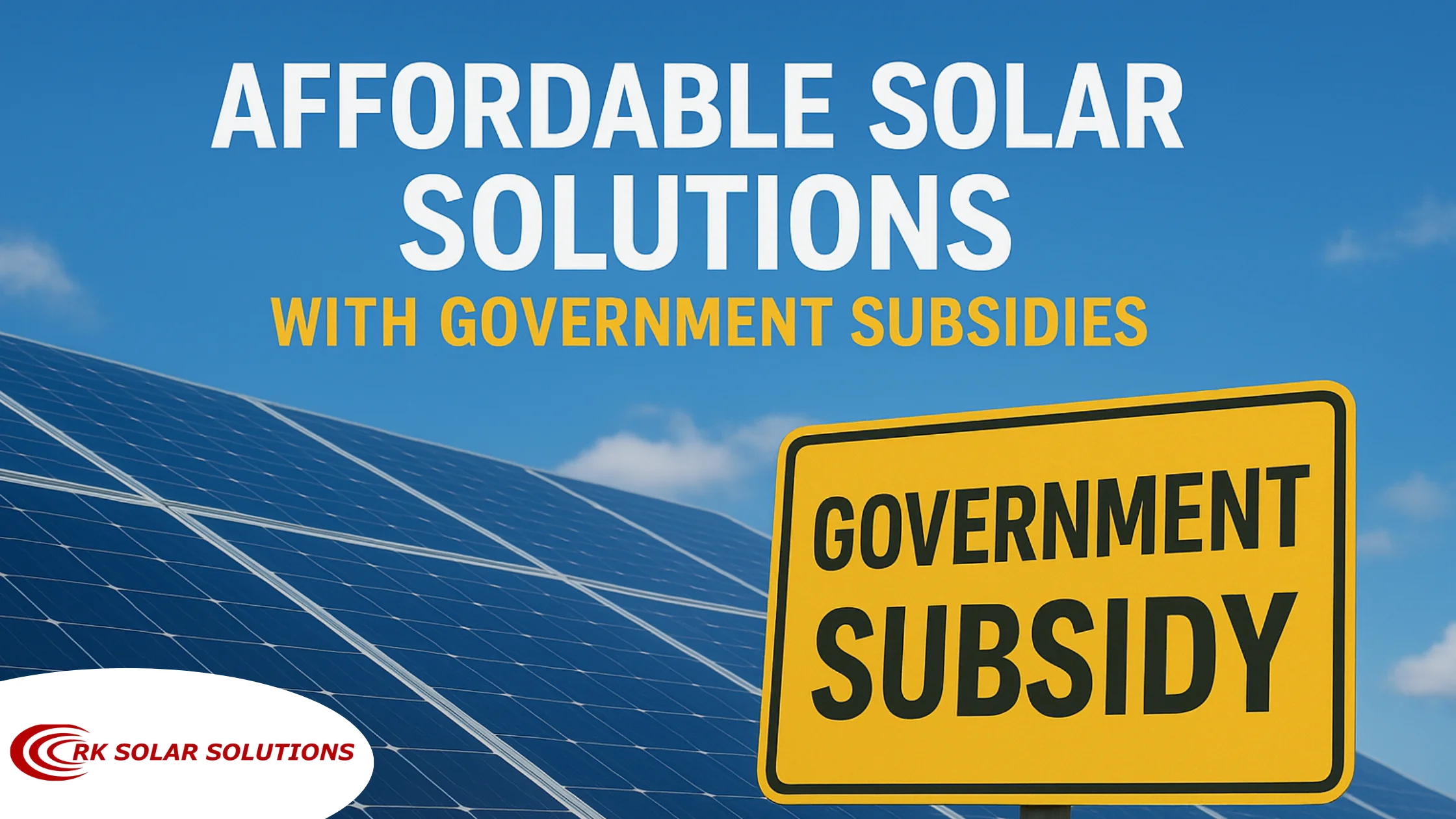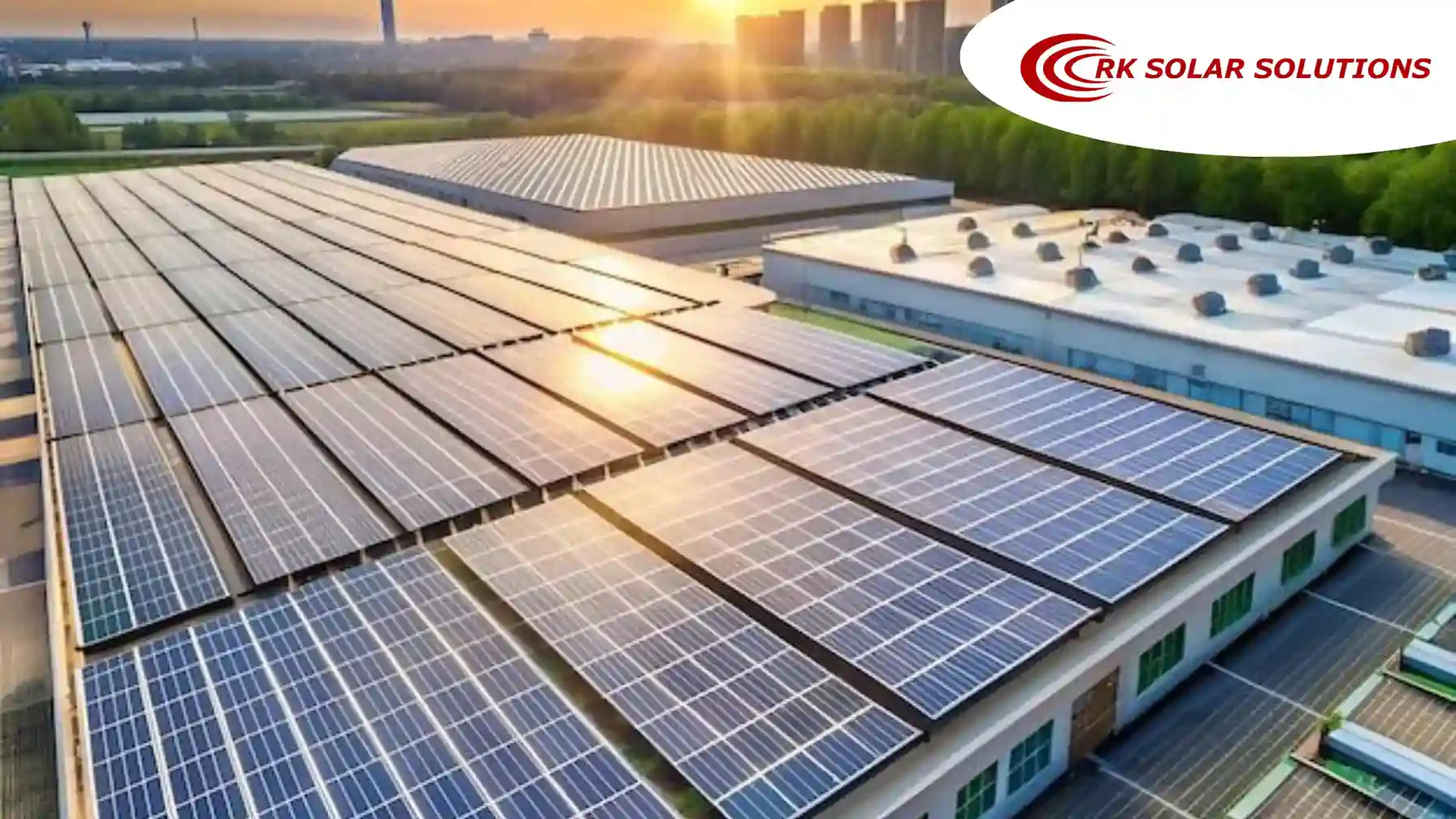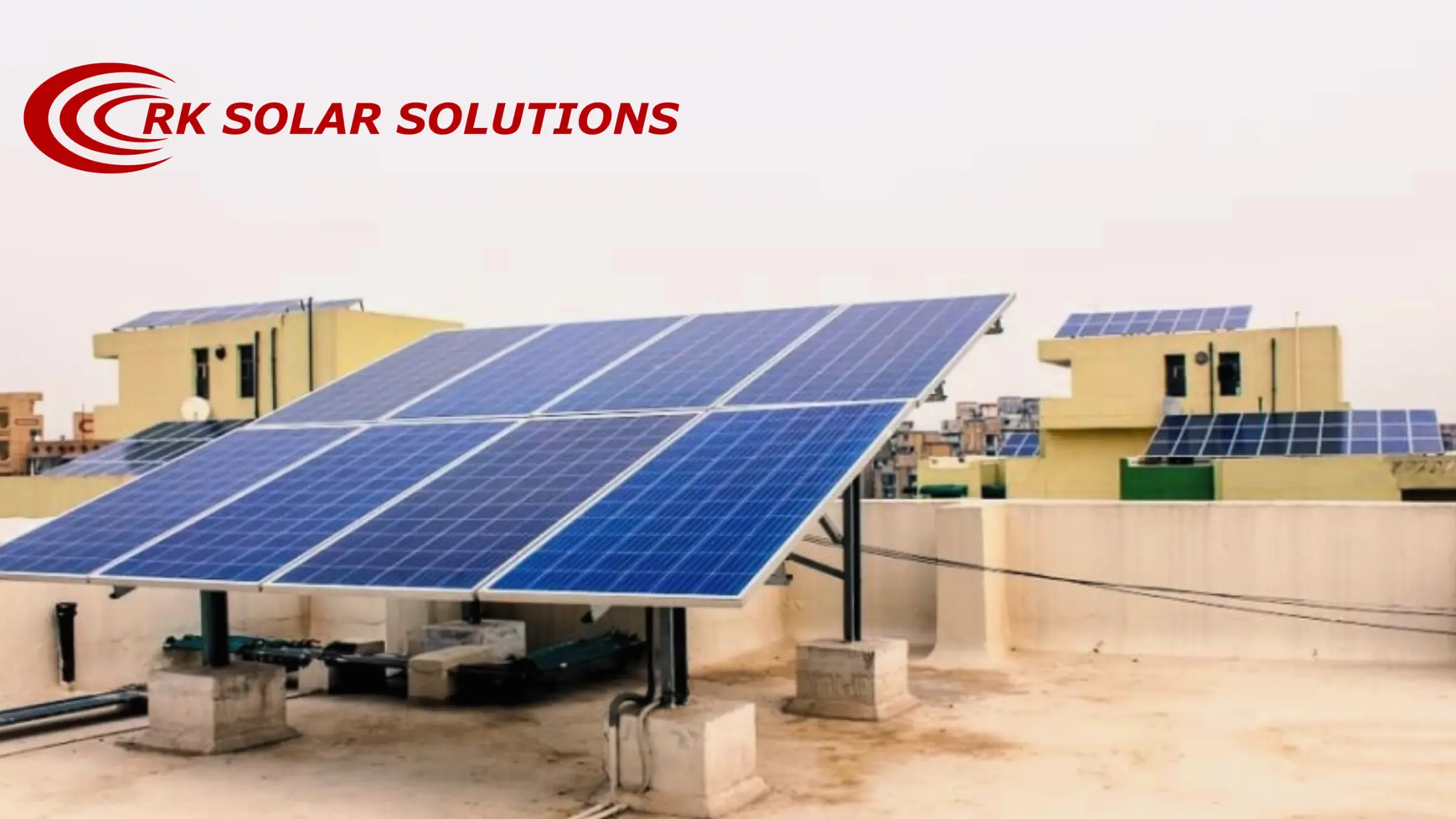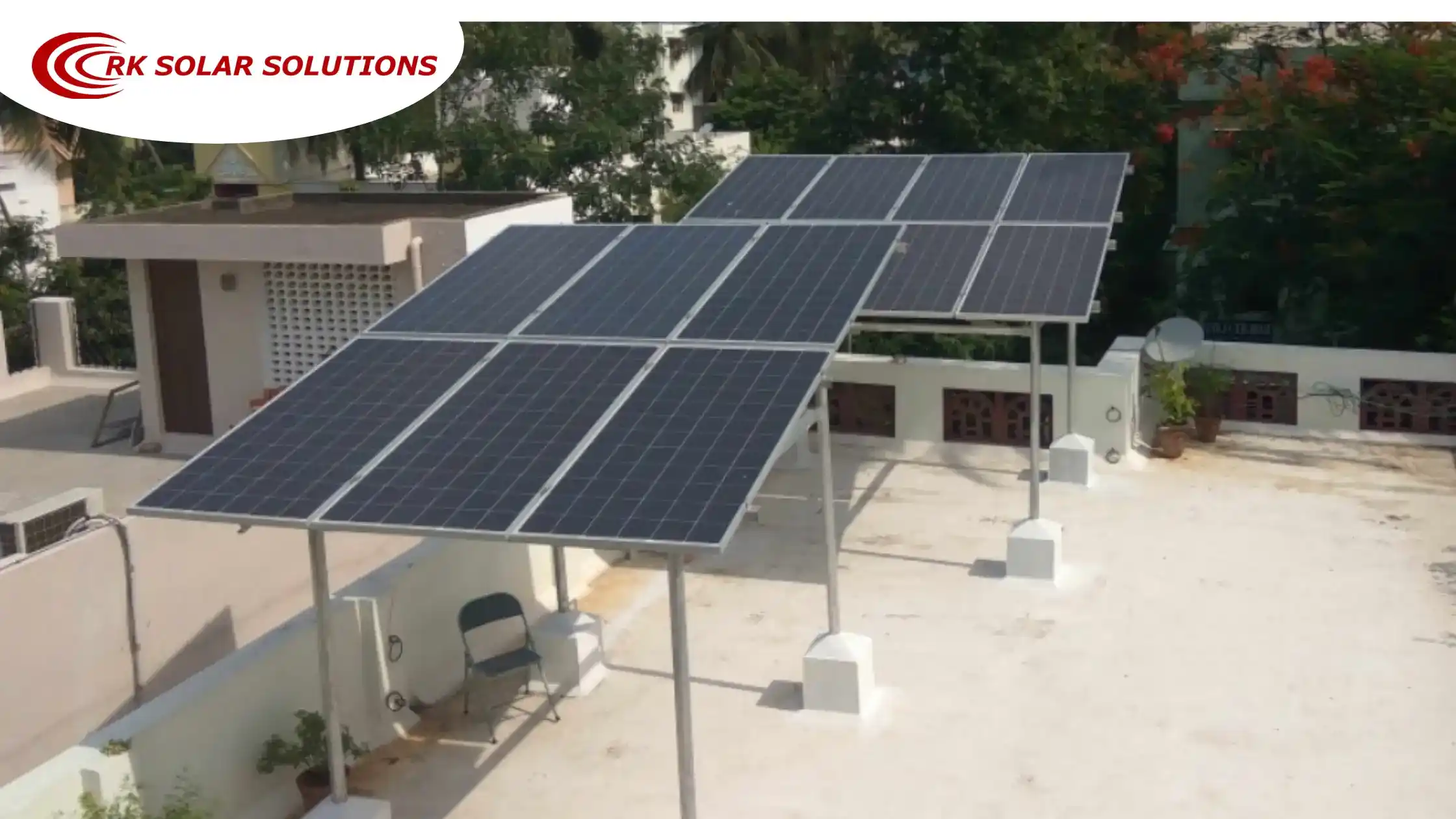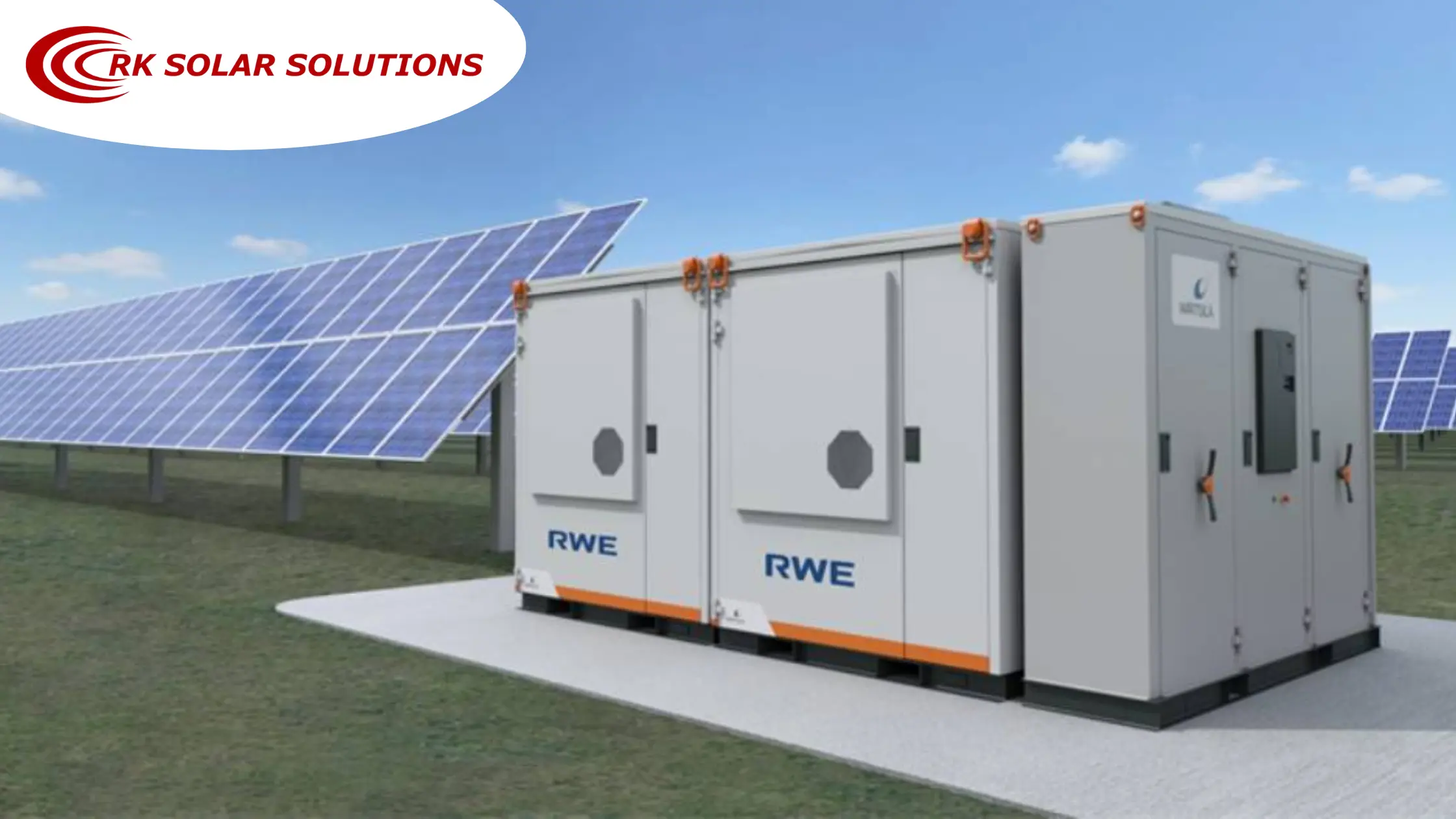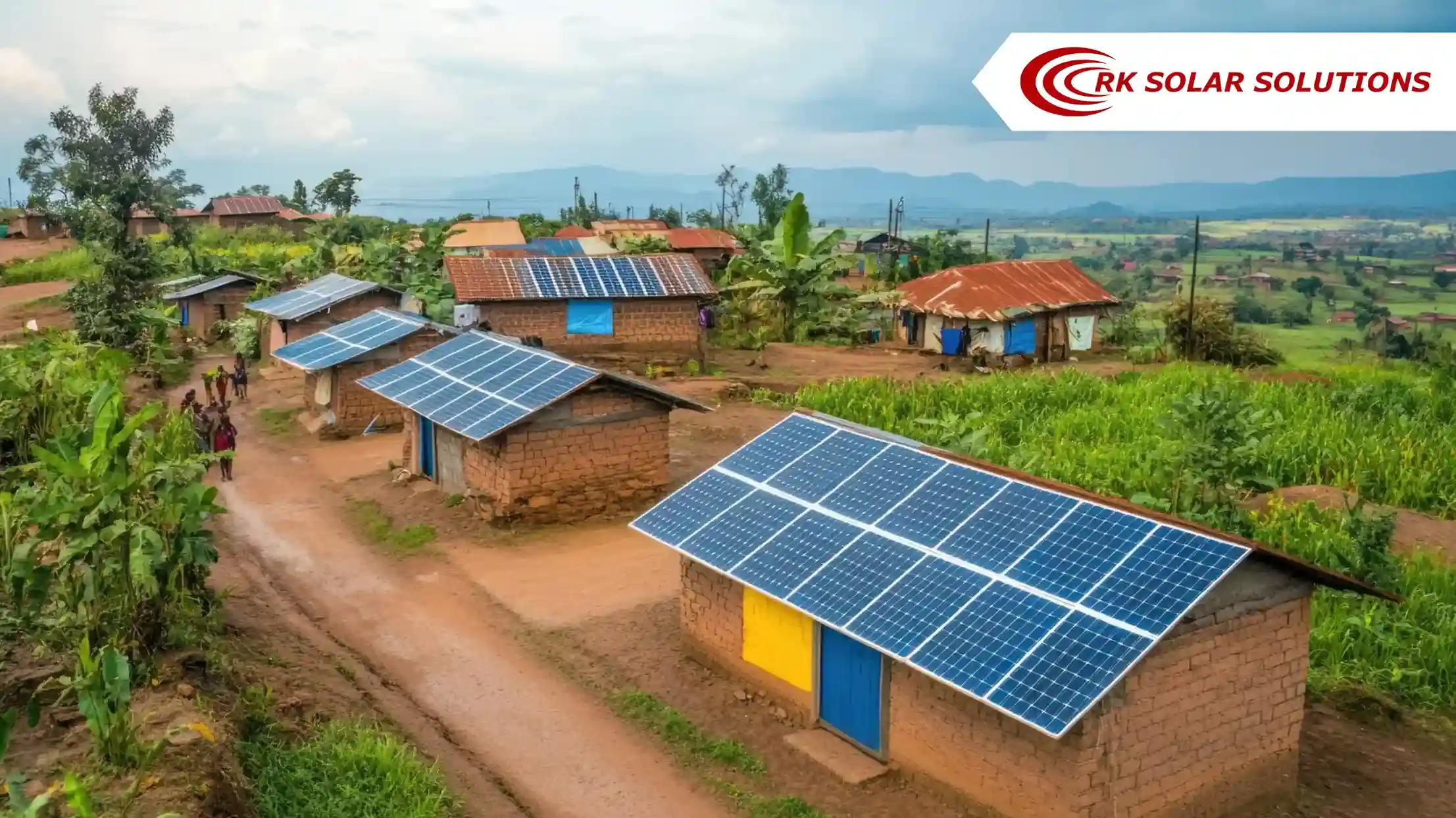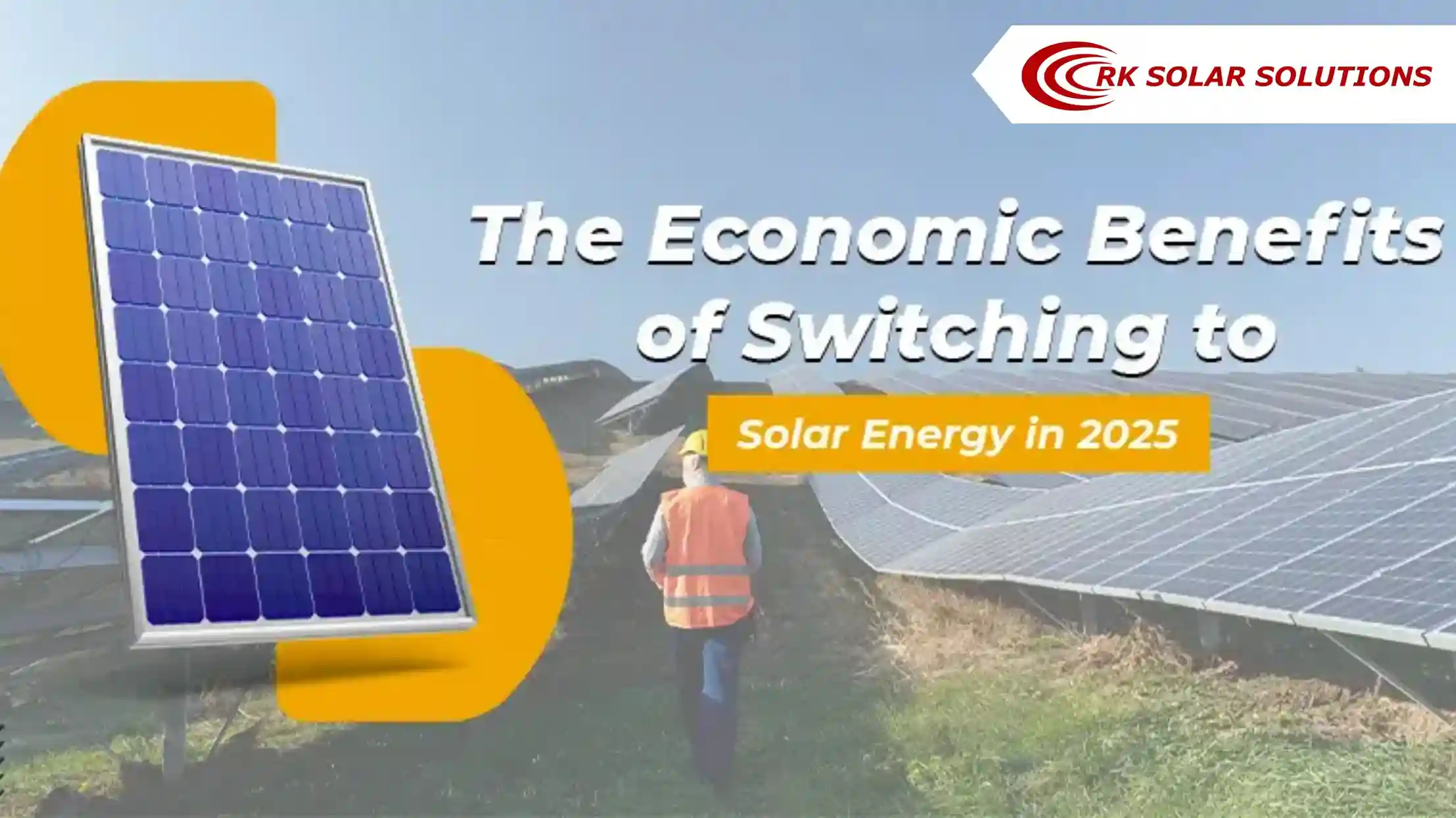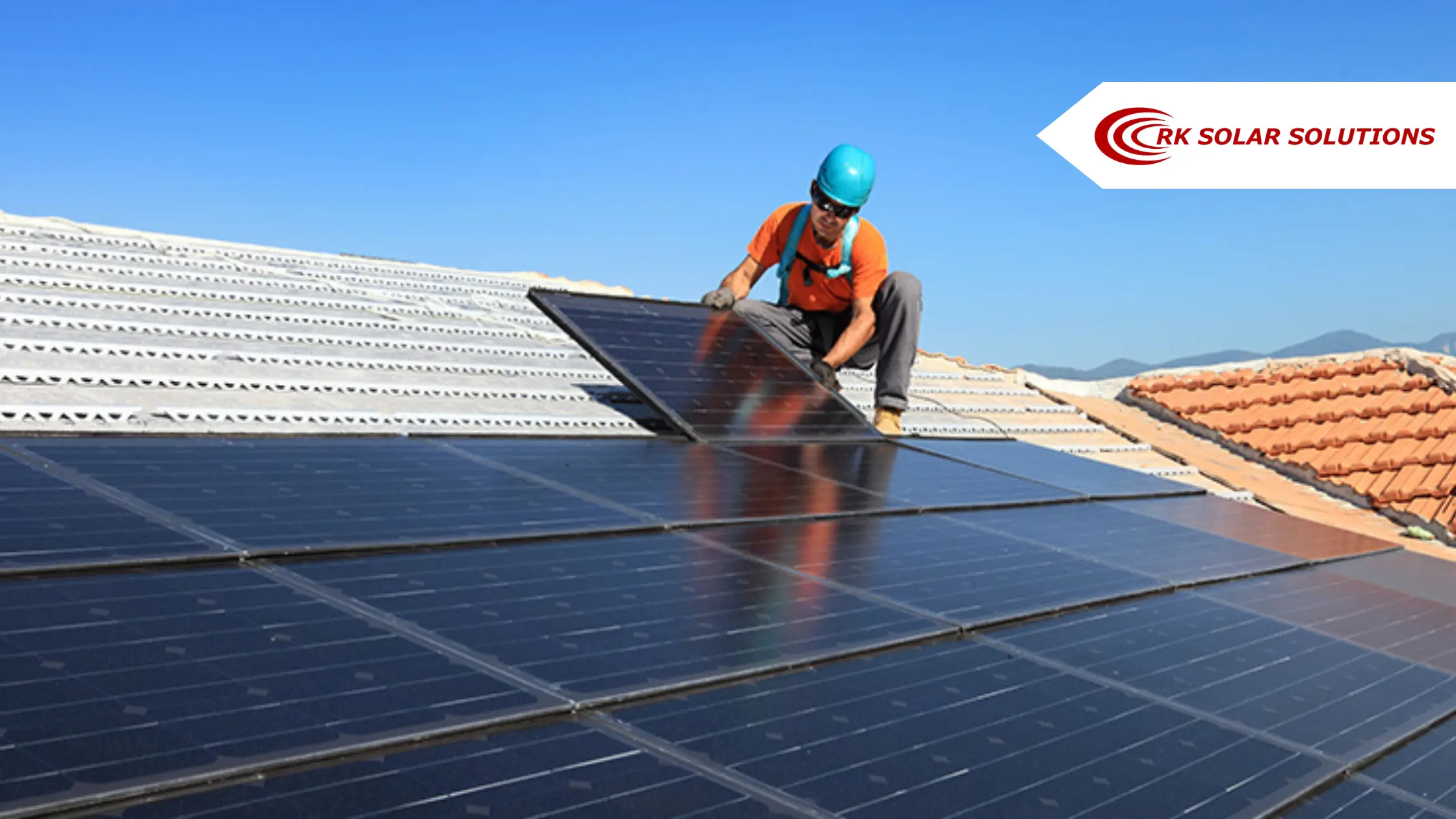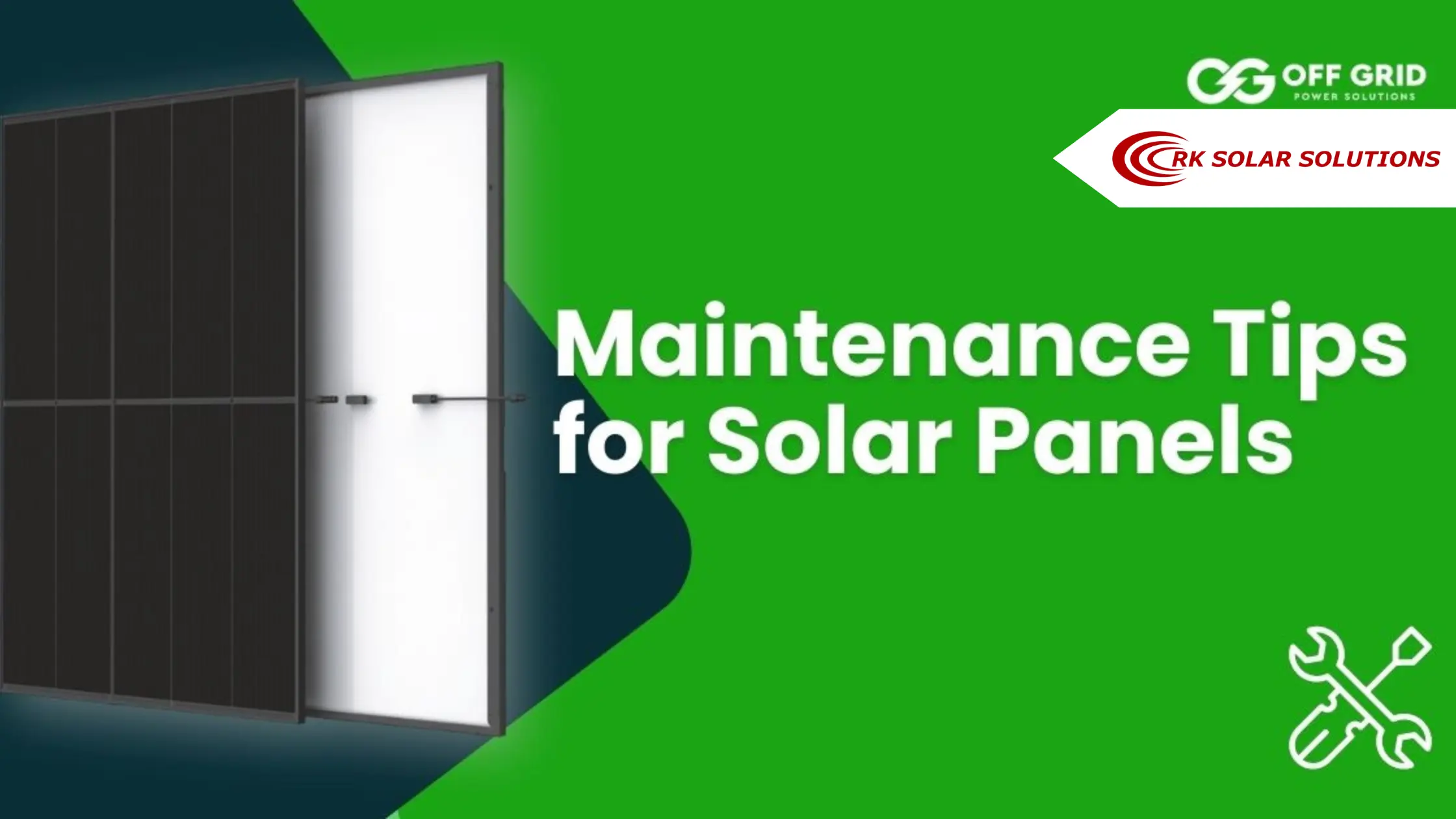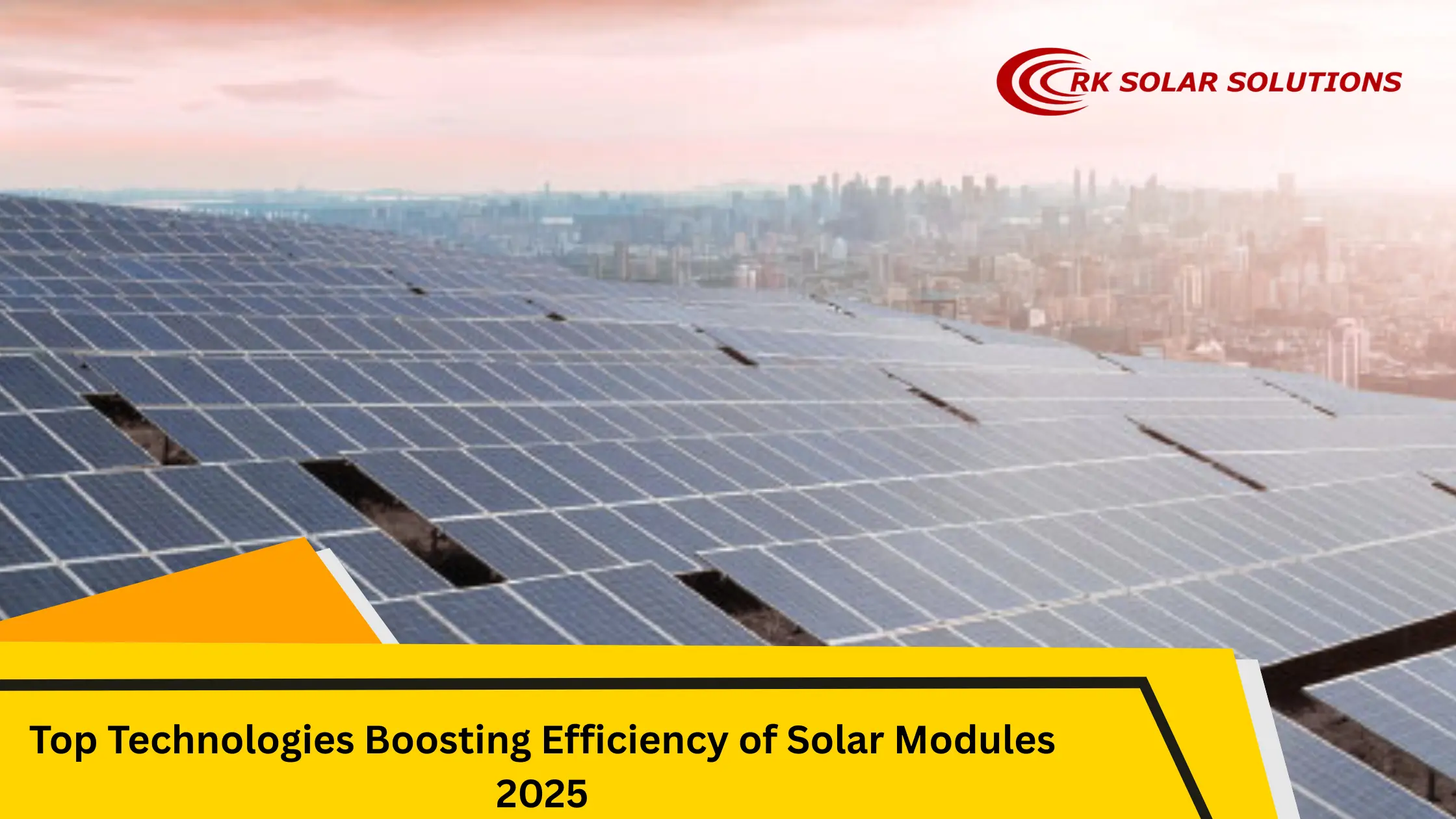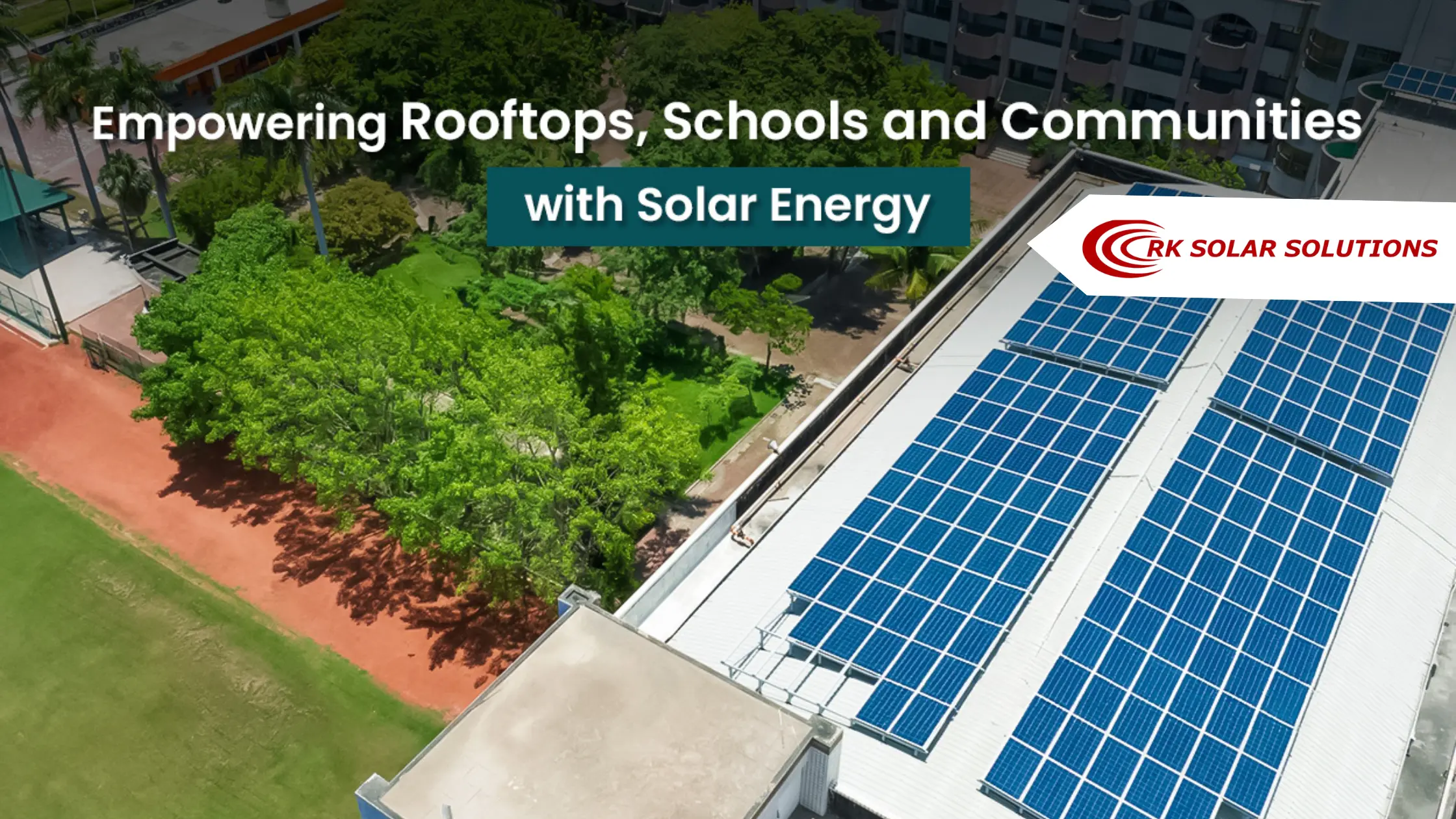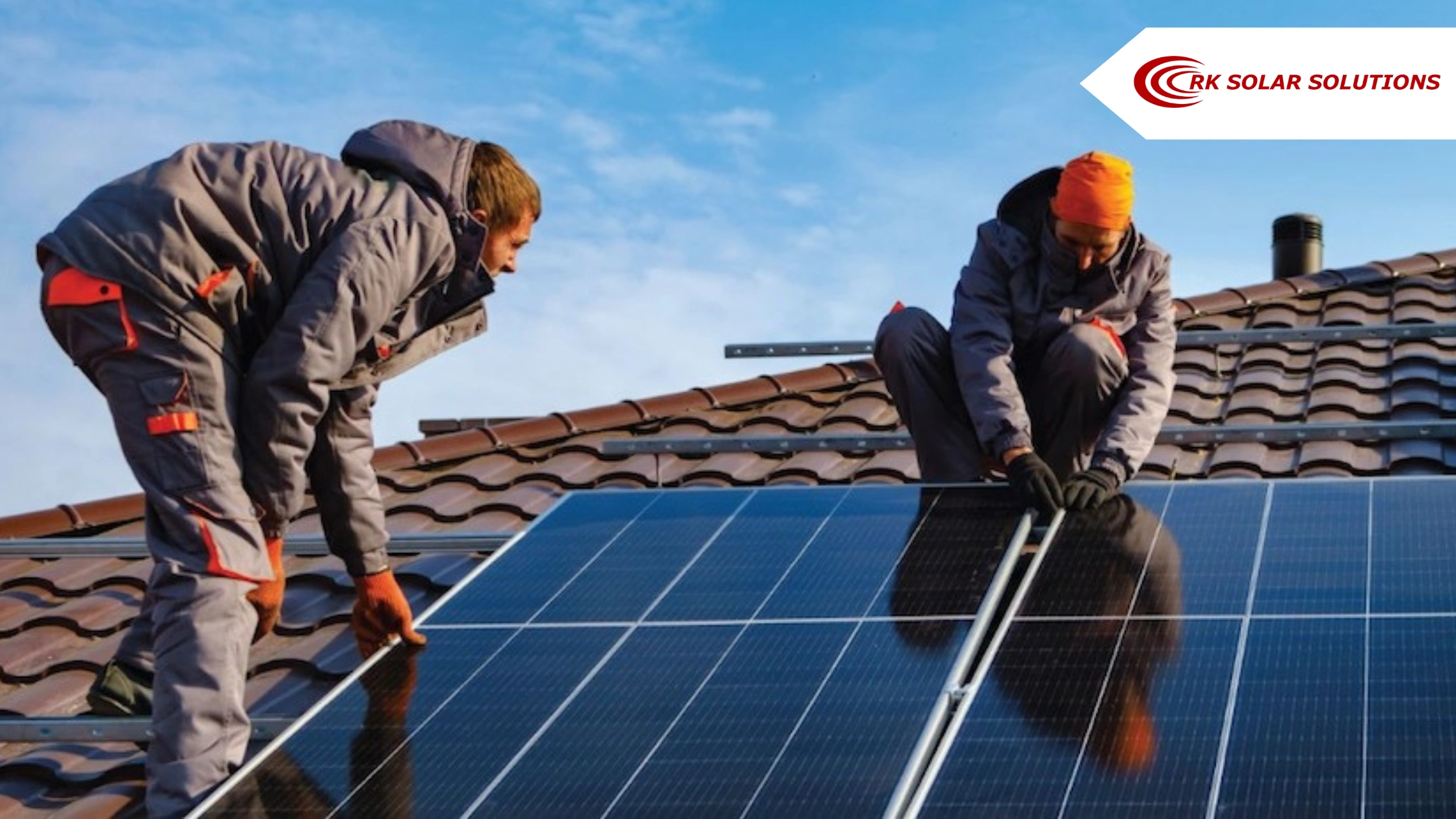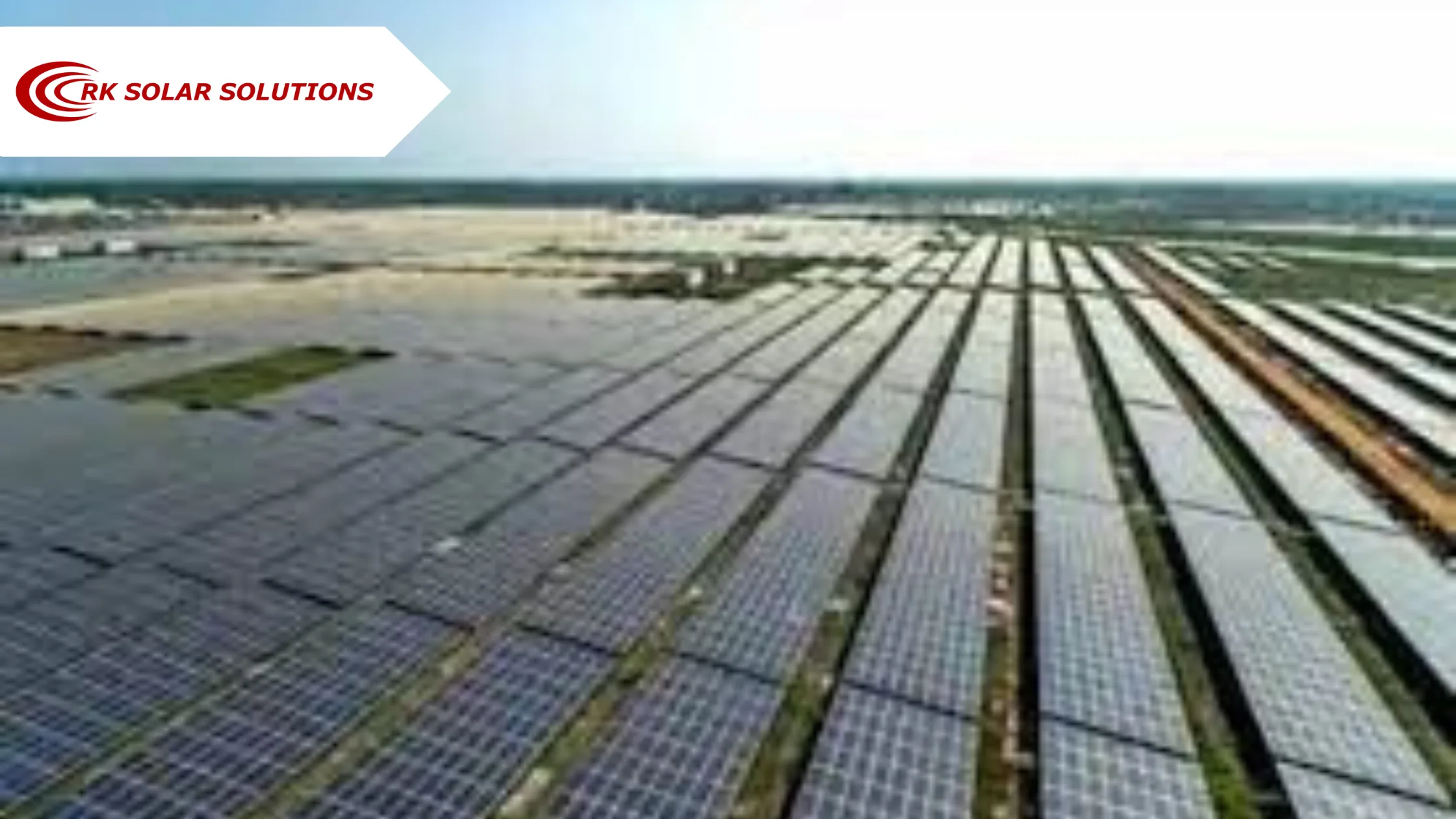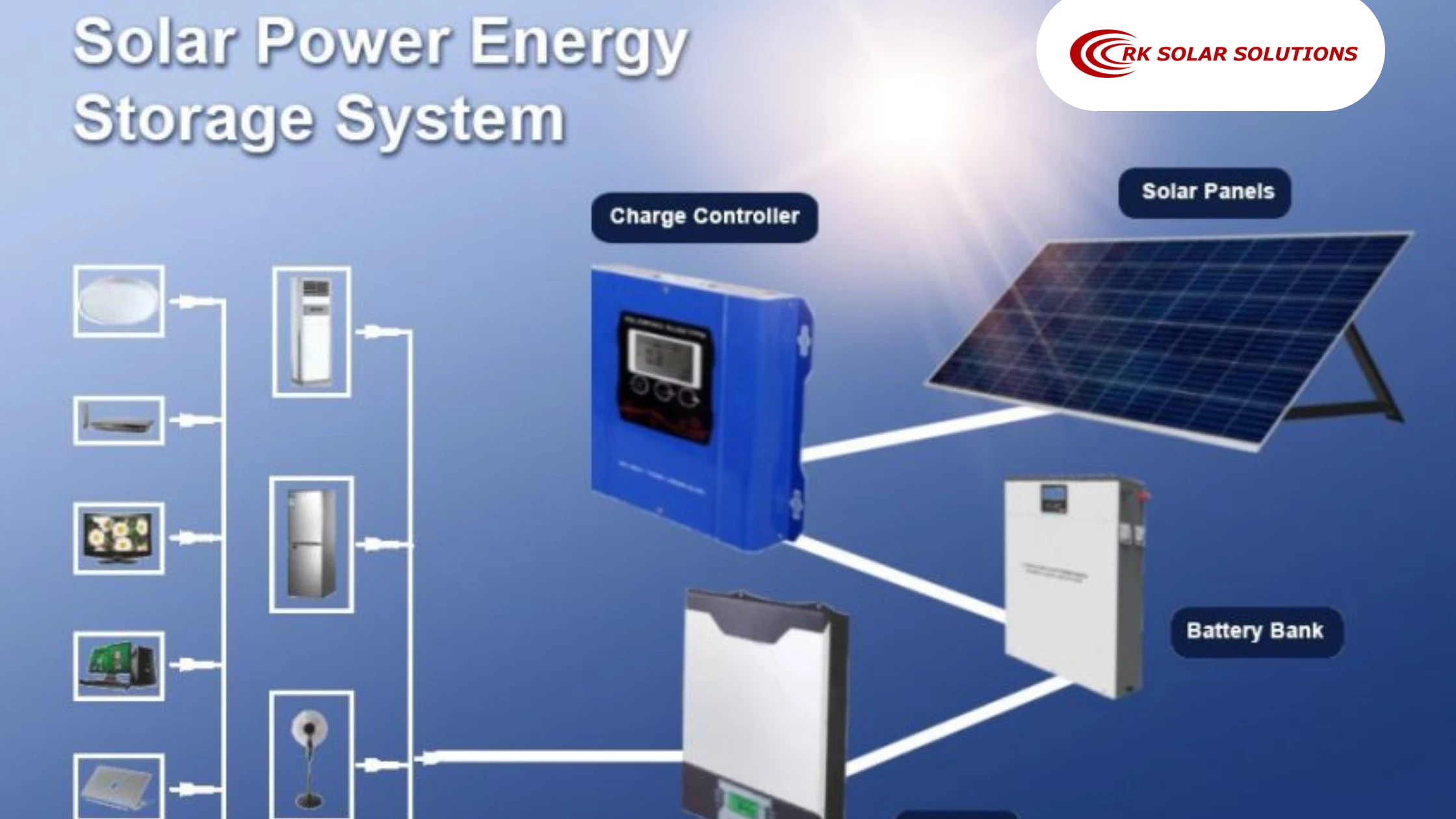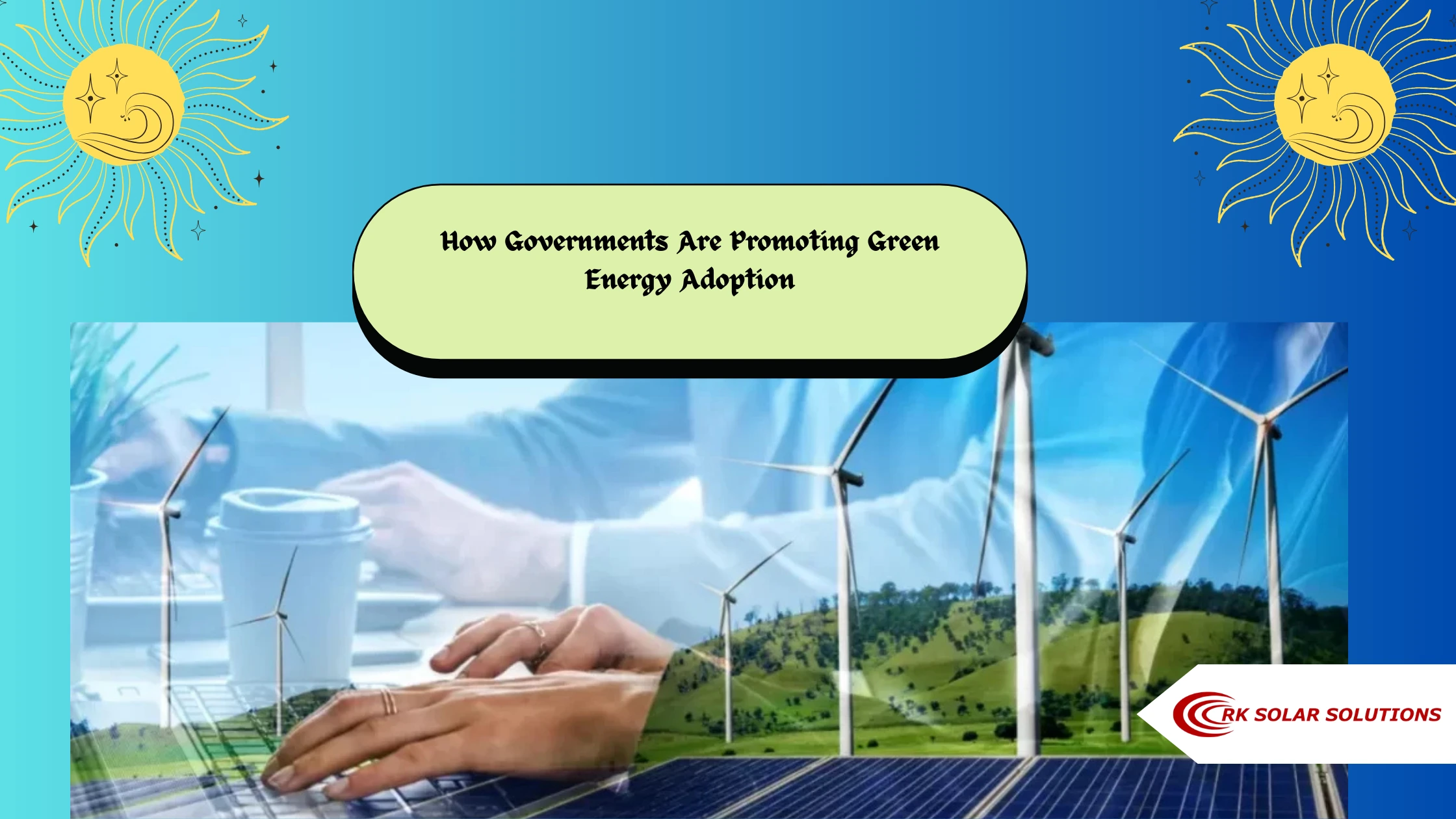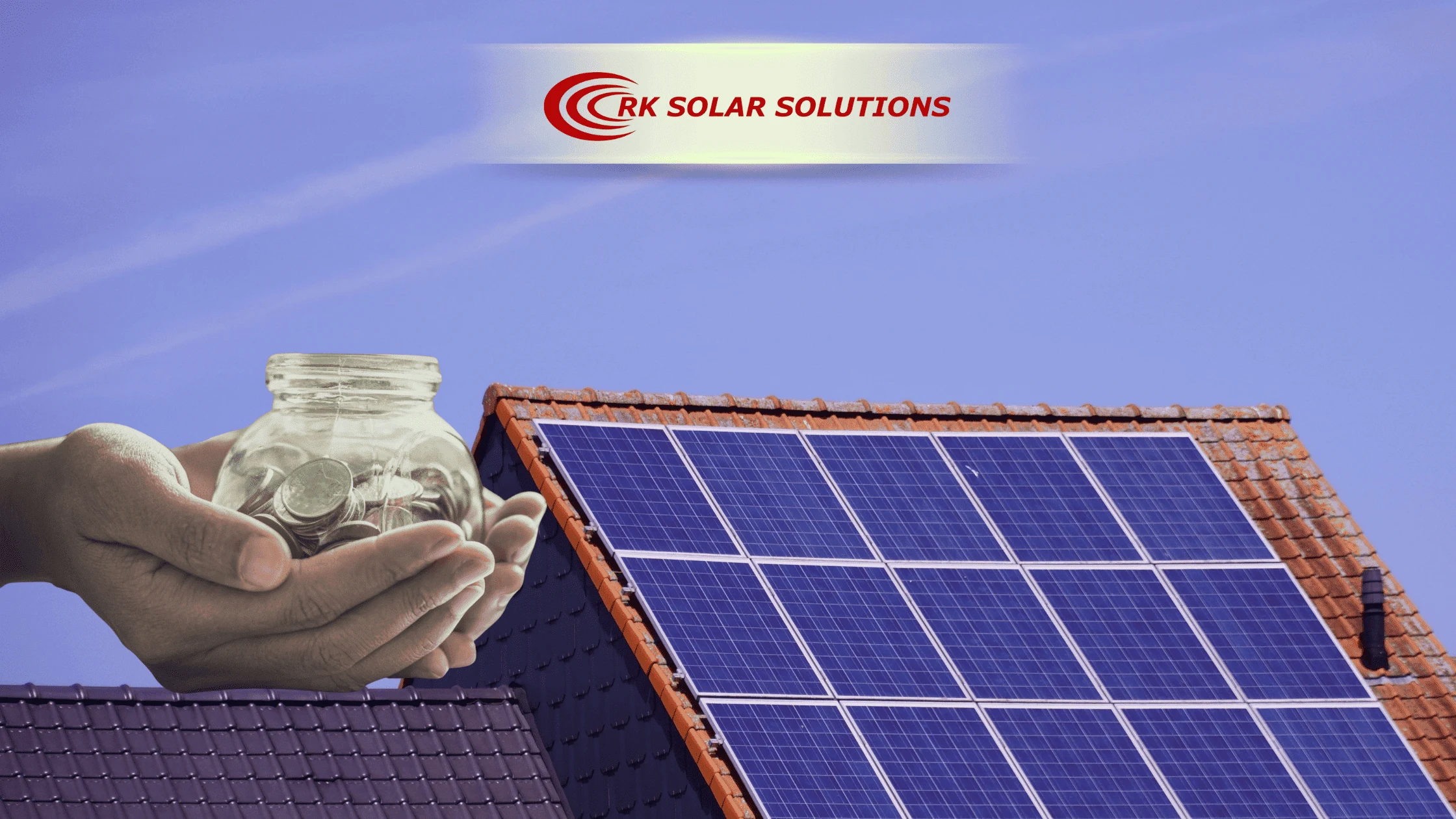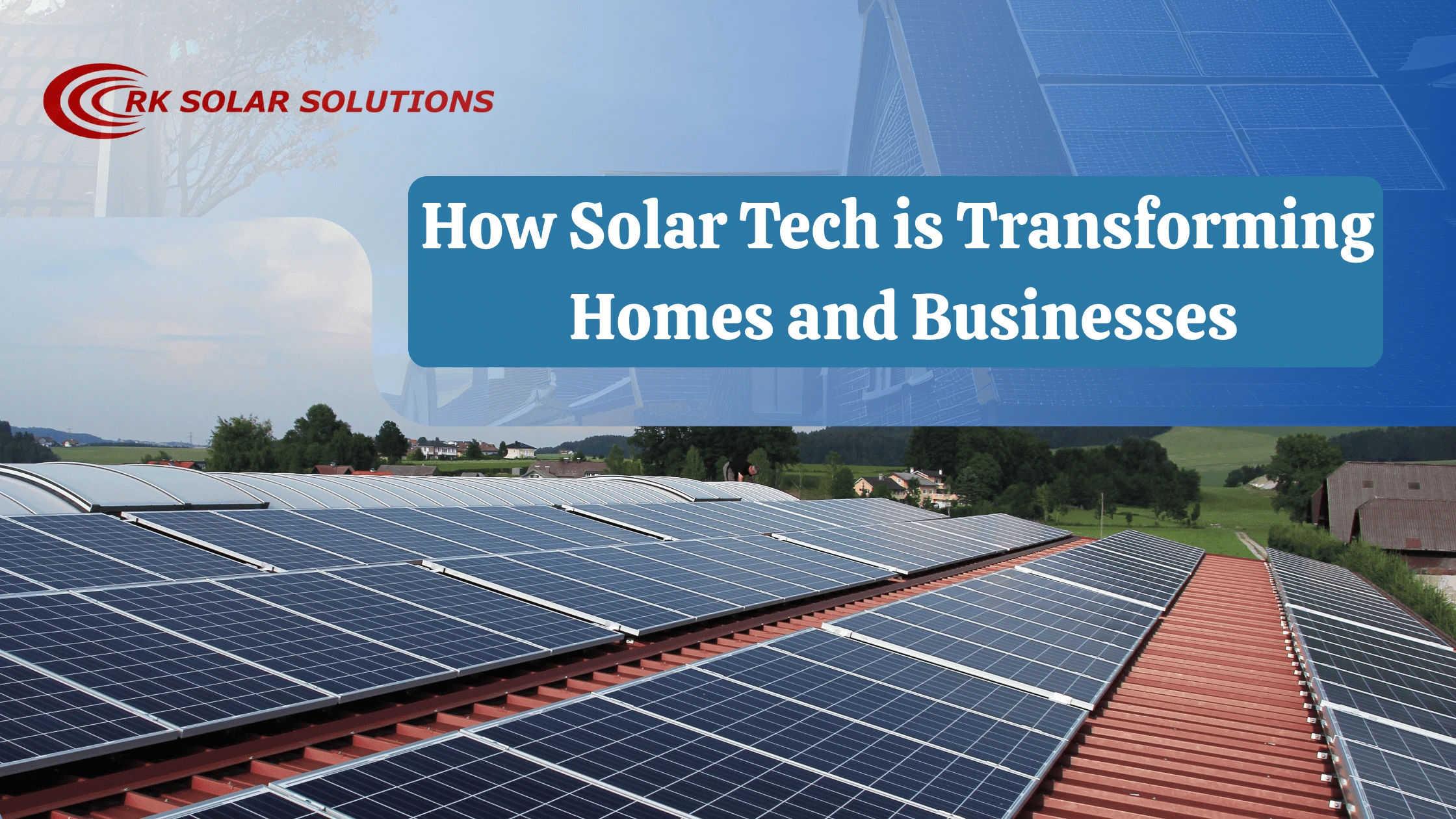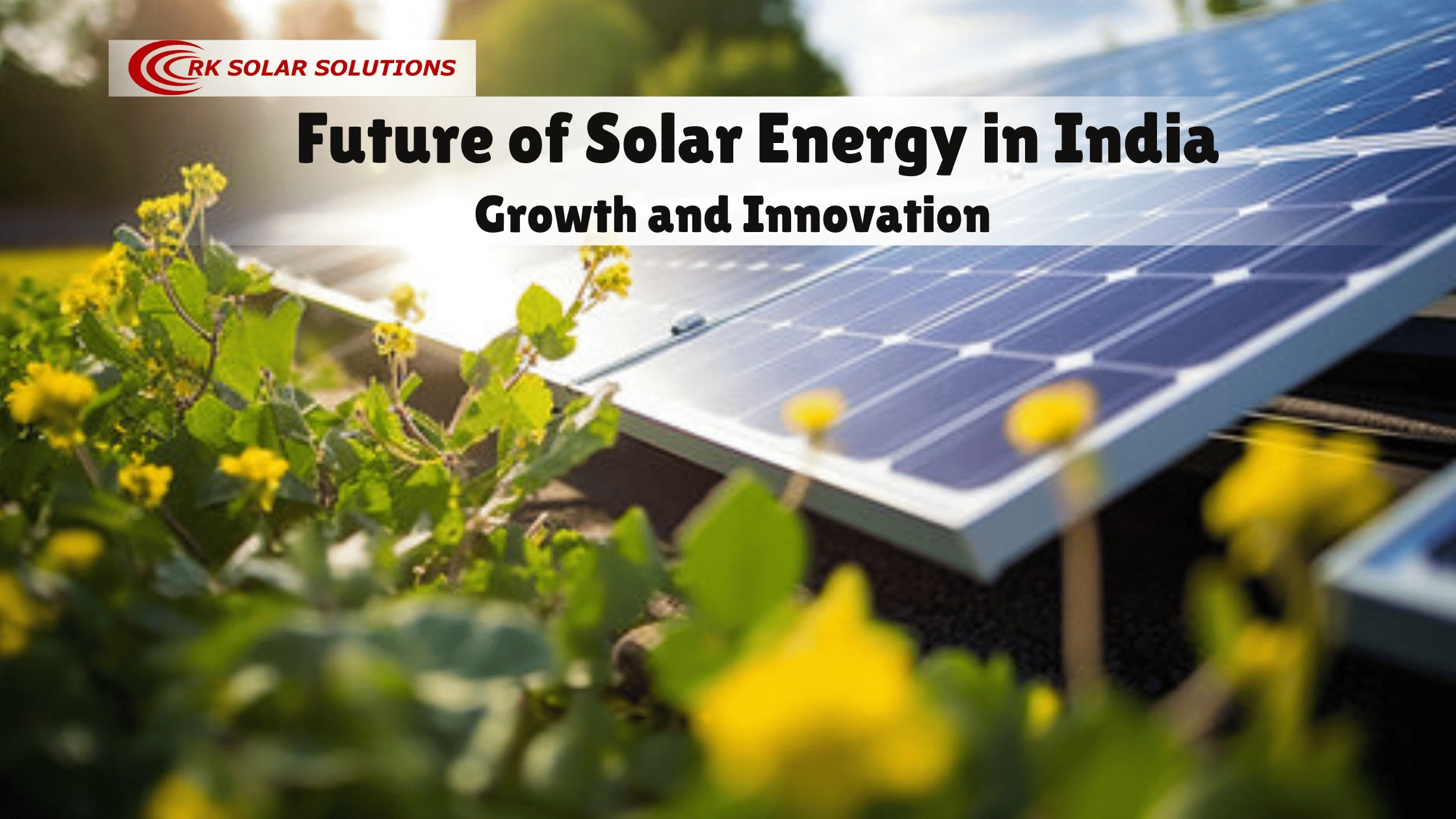Read Our Blogs
Maintenance Tips for Efficient Off-Grid Solar Power Systems
September 16, 2025
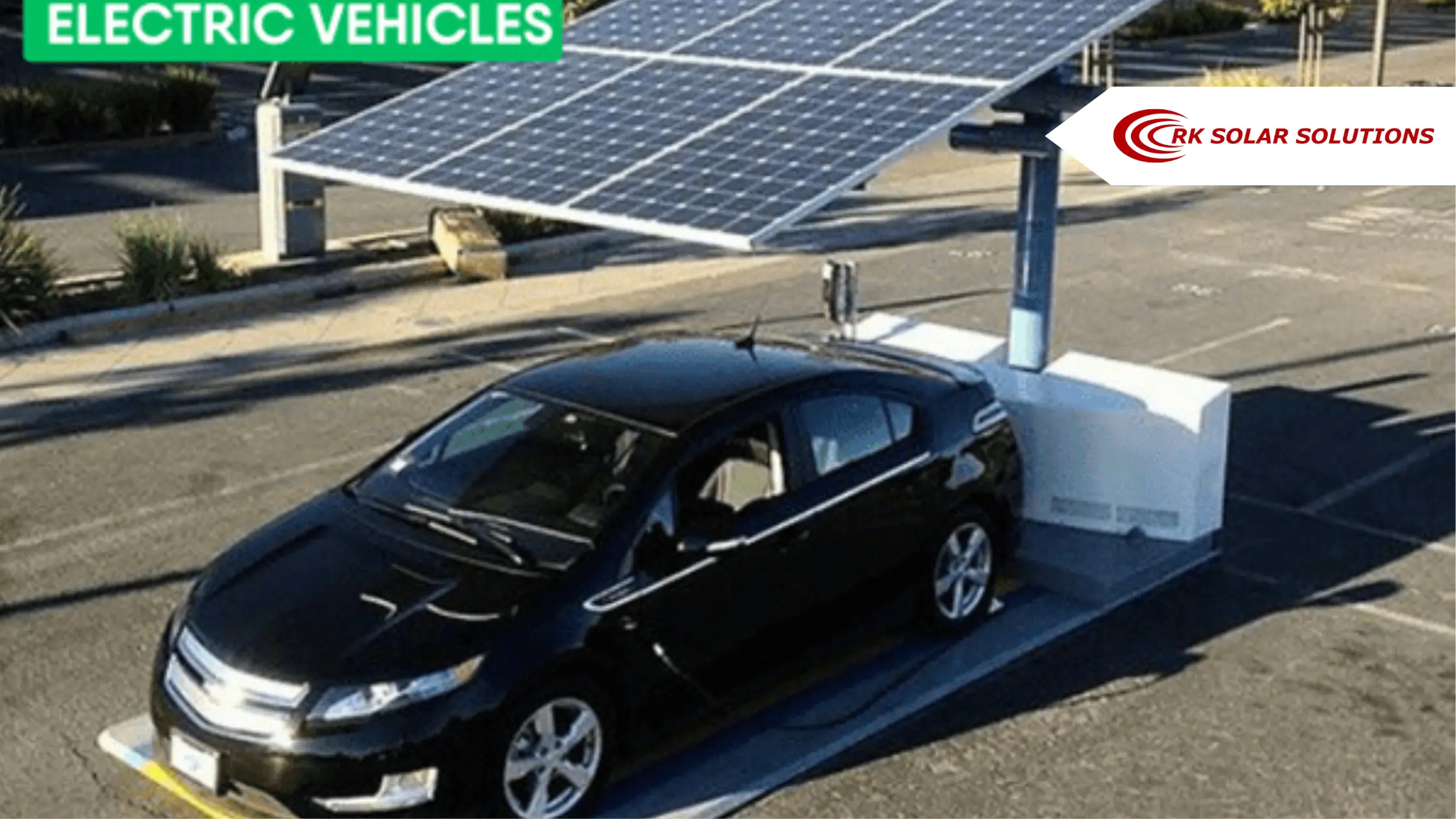
The international is gradually transferring toward easy and renewable power solutions, and the combination of solar power and electric cars (EVs) is a shining example of this shift. More humans are buying EVs to lessen carbon emissions, save on gasoline prices, and embrace a greener way of life. But have you ever think of powering your electric powered vehicle with the sun itself? Setting up solar panels for charging your EV isn't always only viable but additionally a fairly sustainable and price-effective manner to gas your trips.
Why Use Solar Panels to Charge Your EV?
Cost Savings- Solar energy can significantly reduce or even dispose of your energy bills. Over time, the financial savings can be great, especially whilst in comparison to fossil gasoline costs.
Sustainability- Both sun strength and EVs are green technologies. Combining them ensures you are completely dedicated to reducing your carbon footprint.
Energy Independence- With solar panels, you are much less dependent on fluctuating energy fees or power grid reliability.
Convenience- Charging your EV at domestic with solar power manner no greater common journeys to charging stations.
Long-Term Investment- Though the initial setup expenses can appear excessive, solar panels commonly pay for themselves within five–8 years, and maximum last 25 years or greater.
Step 1: Determine Your EV’s Energy Needs
The first step is to calculate how tons energy your electric vehicle requires. EV charging is measured in kilowatt-hours (kWh).
Most EVs consume between zero.25 to zero.35 kWh in line with mile. For instance, in case you drive 30 miles each day, your EV will require around nine kWh of strength. Over a month, this adds as much as approximately 270 kWh.
Now compare this together with your solar panel output. A widespread residential sun panel produces 250–400 watts in line with hour under ideal daylight. On common, one panel can generate approximately 1.Five kWh to 2 kWh according to day relying on sunlight availability to your vicinity.
Step 2: Evaluate Your Solar Potential
Not each domestic is equally suitable for solar panels. You want to consider:
Roof Space – Do you have got sufficient area to install the required range of panels?
Roof Angle and Orientation – South-going through roofs (inside the Northern Hemisphere) get the nice sunlight.
Sunlight Availability – Check what number of peak sun hours your vicinity gets every day. Areas with more sunshine will require fewer panels.
Shading Issues – Tall trees, neighboring homes, or obstructions can reduce solar efficiency.
You can use online sun calculators or consult a sun installer to analyze your property’s sun capacity.
Step 3: Choose the Right Solar System
Choosing the proper sun system for charging your electric powered vehicle (EV) depends in your driving habits, budget, and energy desires. Start through calculating how plenty power your EV consumes day by day, normally measured in kilowatt-hours (kWh). This will help you make a decision the quantity of sun panels required.
If you want an cheap choice and don’t thoughts the usage of the grid at night time, a grid-tied system is ideal. For entire independence and charging even at some point of electricity outages, an off-grid machine with battery storage works first-class, even though it’s greater costly. A hybrid device combines both, giving you flexibility to use solar electricity at some stage in the day and batteries or the grid whilst needed.
Also, keep in mind your roof space, daylight availability, and finances earlier than finalizing. Consulting a licensed sun installer ensures you select a machine that maximizes efficiency, saves cash, and powers your EV sustainably.
Step 4: Select an EV Charger
When deciding on an EV charger, first take a look at your vehicle’s compatibility and charging velocity requirements. Level 1 chargers are less costly but gradual, even as Level 2 chargers provide faster charging and are perfect for home use. Consider the amperage score—better amps imply quicker charging. Look for smart capabilities together with scheduling, energy tracking, and Wi-Fi connectivity, which assist optimize sun utilization. Ensure the charger is safety licensed and climate-resistant if hooked up outside. Finally, component in installation requirements, as a few chargers want a devoted 240V outlet. A reliable, efficient charger ensures convenience and maximizes the benefits of sun power.
Step 5- Install Solar Panels for Your Electric Vehicle
Proper set up of solar panels is prime to correctly charging your EV. Start by way of evaluating your roof area, orientation, and shading to ensure maximum sunlight publicity. South-facing roofs inside the Northern Hemisphere typically supply the satisfactory outcomes. Choose high-performance sun panels to generate greater energy in restrained space. Always lease an authorized installer to ensure safety, compliance with neighborhood codes, and ideal panel placement. Consider adding a hybrid or battery garage device if you plan to fee at night time. Regular maintenance, together with cleaning panels and tracking power output, will help hold your sun device performing at its excellent.
Benefits of Solar EV Charging
Solar EV charging offers an effective mixture of sustainability, fee savings, and convenience. By the usage of solar panels to power your electric car, you do away with reliance on fossil fuels and considerably lessen your carbon footprint. Every mile you drive becomes cleaner, powered without delay by means of renewable electricity from the sun.
One of the largest advantages is long-term financial savings. While the in advance investment may also appear high, solar panels quick pay for themselves via reduced strength bills and gasoline charges. With maximum panels lasting 25 years or more, you enjoy many years of low-value, easy strength. Additionally, tax credit, rebates, and incentives can help decrease preliminary charges.
Solar EV charging additionally gives energy independence. Instead of counting on fluctuating application rates or public charging stations, you have got your personal charging solution at home. This makes daily charging greater handy and dependable. Homes prepared with sun EV charging structures regularly see improved property value, making it a future-equipped funding.
Conclusion
In short, combining solar panels with EV possession ensures purifier transportation, decreased costs, and the satisfaction of using on daylight. It’s a green step in the direction of a sustainable lifestyle that blessings both you and the planet.

